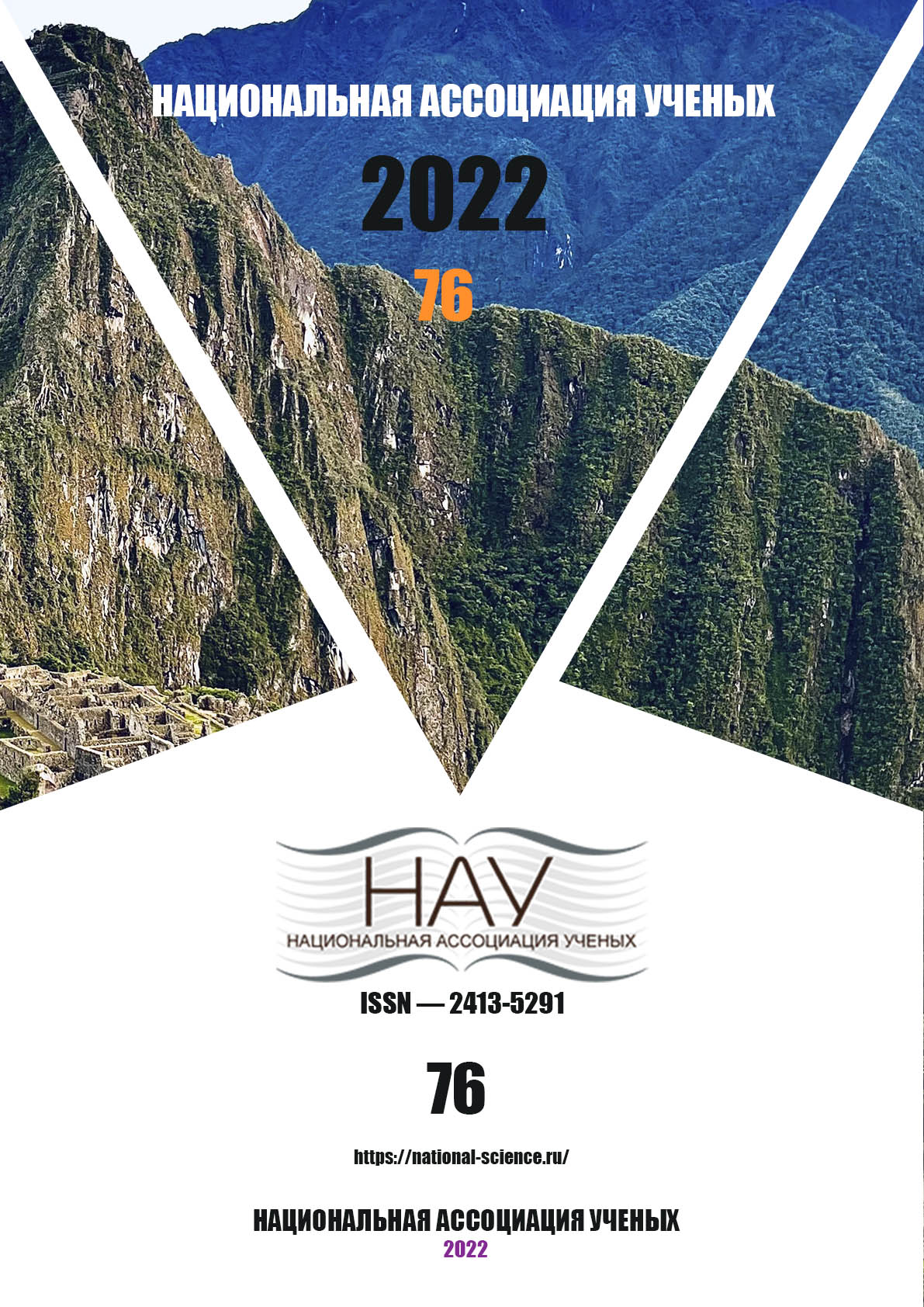THE PLACE OF SERVICES AMONG THE OBJECTS OF CIVIL RIGHTS
Keywords:
services, work, objects of civil rights, contract, quality of services.Abstract
This article discusses services as objects of civil rights. A comparative analysis of the categories of "work" and "services" is carried out. The presented analysis allows us to come to a conclusion about independence, but at the same time about the relationship of works and services. The characteristic features of this object of civil rights are highlighted and described. The paper provides a comparative analysis of regulatory legal acts containing the concept of service".
References
Grazhdanskij kodeks Rossijskoj Federacii (Ch.Ι): Federal'nyj zakon RF ot 30.11.1994 № 51FZ (v red. ot 28.03.2017) // Sobranie zakonodatel'stva Rossijskoj Federacii. 05.12.1994. № 32.
Grazhdanskij Kodeks Rossijskoj Federacii (Ch.II) ot 26.01.1996 № 14-Federal'nyj zakon RF ot 26.01.1996 № 14-FZ (v red. ot 28.03.2017) // Sobranie Zakonodatel'stva Rossijskoj Federacii. 29.01.1996. № 5..
Stepanov, D.I. Uslugi kak ob#ekt grazhdanskih prav / D.I. Stepanov. – M.: Statut. – 2005.
Ozhegov, Sergej Ivanovich. Tolkovyj slovar' russkogo jazyka : okolo 100 000 slov, terminov i frazeologicheskih vyrazhenij / S. I. Ozhegov ; pod red. L. I. Skvorcova. - 26-e izd., ispr. i dop. - M. : Oniks [i dr.], 2009. - 1359 c.
Atakueva M. T. Problemy sootnoshenija ponjatij «raboty» i «uslugi». [Jelektronnyj resurs]. – Rezhim dostupa: –
https://cyberleninka.ru/article/n/problemysootnosheniya-ponyatiy-raboty-i-uslugi
Drozdova A.V. Ponjatie i soderzhanie uslugi kak ob#ekta grazhdanskih prav. [Jelektronnyj resurs]. – Rezhim dostupa: https://cyberleninka.ru/article/n/ponyatie-isoderzhanie-uslugi-kak-obekta-grazhdanskih-prav
Downloads
Published
Issue
Section
License

This work is licensed under a Creative Commons Attribution-NoDerivatives 4.0 International License.
CC BY-ND
A work licensed in this way allows the following:
1. The freedom to use and perform the work: The licensee must be allowed to make any use, private or public, of the work.
2. The freedom to study the work and apply the information: The licensee must be allowed to examine the work and to use the knowledge gained from the work in any way. The license may not, for example, restrict "reverse engineering."
2. The freedom to redistribute copies: Copies may be sold, swapped or given away for free, in the same form as the original.





